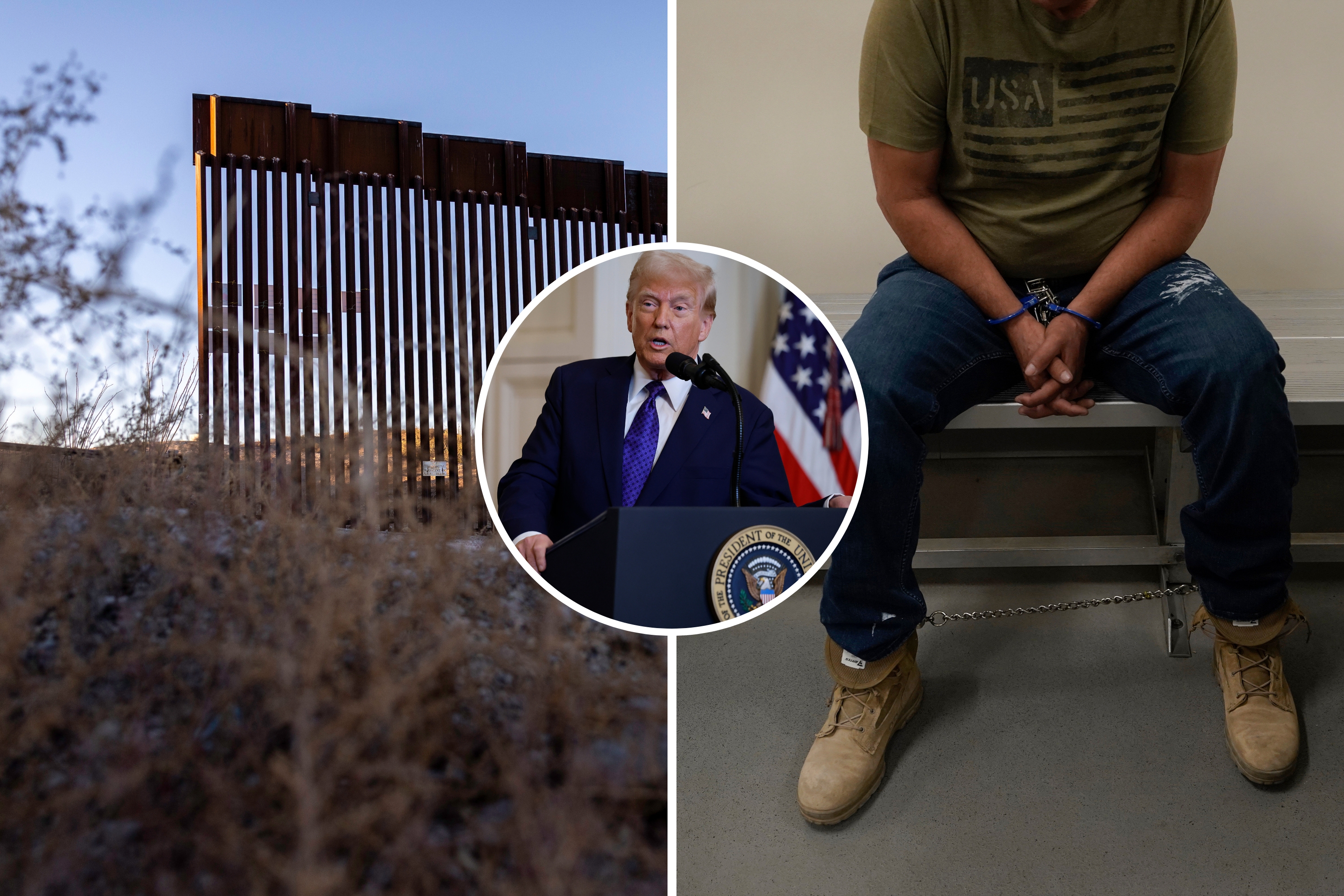






On February 4, 2025, businesses across the U.S. closed their doors for 'A Day Without Immigrants' to protest against anti-immigrant policies and to highlight the essential contributions of immigrant workers. This movement emerged in response to President Donald Trump's stricter immigration enforcement measures initiated in January 2025, which have led to increased deportations and family separations. Industries heavily reliant on immigrant labor, such as agriculture and hospitality, are currently facing significant labor shortages and rising operational costs. [eeed445e]
Protestors rallied in cities including Fresno, Los Banos, Hanford, Lemoore, Visalia, and Merced, emphasizing their desire for the Trump Administration to cease family separations and deportations. Participants stayed home from work, refrained from spending money, and held demonstrations, with businesses like 'Con Azucar Cafe' closing in solidarity. A related incident at Matilda Torres High School involved a substitute teacher making controversial comments about immigration, prompting an investigation by the Madera Unified School District. [72782e1c]
In Chicago, home to approximately 400,000 undocumented immigrants, fear has permeated daily life. Many residents, like Audelia Alvarez Vasquez, now carry proof of their legal status at all times due to the heightened threat of deportation. Despite no reported immigration raids, the atmosphere of fear has led many undocumented individuals to stay home, adversely affecting local businesses. For instance, Edwin Molina, co-owner of Don Churro, reported a staggering 50-60% drop in sales as Latino businesses remain quiet. [523e9343]
The impact of these policies is felt in schools as well; Chicago Public Schools reported that ICE agents approached Hamline Elementary School, causing many families to keep their children home out of fear. Local leaders, including Illinois Attorney General Kwame Raoul and Chicago Mayor Brandon Johnson, have criticized Trump's immigration policies, emphasizing their negative effects on community cohesion and economic stability. [523e9343]
The 'A Day Without Immigrants' movement aims to raise awareness about the vital role immigrants play in the economy. Alejandro Morales, manager of Michelandia Bar and Grill in South St. Paul, noted a decline in customers due to fears stemming from the crackdown. Approximately 8.3 million undocumented immigrants are employed in the U.S., making up over 5% of the workforce. Morales highlights the importance of supporting the local Latin community during these challenging times. [1c87ed1d]
In Whatcom County, Washington, several Latino-owned businesses, including Tacos La Guelaguetza and Bordertown Mexican Grill, joined the strike, emphasizing collective action to advocate for immigrant rights. Activists stress the need to recognize the contributions of immigrants, who collectively contribute nearly $97 billion in taxes annually, according to the Institute on Taxation and Economic Policy (ITEP). [06c0ac25]
The Mexican Consulate in Chicago has reported a noticeable drop in visitors, signaling that fear is driving undocumented individuals away from seeking assistance. In 2022, undocumented workers comprised about 5% of Illinois' workforce, and the potential for mass deportations raises concerns about economic instability and increased grocery prices. Many families are canceling medical appointments and avoiding public spaces due to fear of deportation. [523e9343]
Recent ICE raids have intensified fears within immigrant communities, with 373 criminal arrests and 165 non-criminal arrests reported on January 26, 2025. Media figures have criticized Trump's immigration policies, arguing they foster division and cruelty across the nation. Rev. Al Sharpton described these orders as a civil liberties 'nightmare,' while former NYC Mayor Bill de Blasio labeled the mass deportation approach as 'un-American.' [23195e6c]
In Congress, House Republicans have introduced several immigration reform bills aimed at tightening enforcement. Among these is the Laken Riley Act, which mandates ICE to detain immigrants charged with specific crimes. Experts warn that such policies may further instill fear in immigrant communities, complicating their already precarious situations. [b2ee5db8]
Polling data indicates that 55% of Americans now support the deportation of illegal immigrants, a significant increase since 2016. Trump's recent executive actions include signing orders related to immigration enforcement, such as restarting wall construction and limiting birthright citizenship. These developments highlight the ongoing struggle within immigrant communities as they navigate a landscape filled with uncertainty and fear. [23195e6c]
As the nation grapples with these challenges, the Congressional Hispanic Caucus continues to advocate for comprehensive immigration reform that addresses the needs of all communities, emphasizing the urgent need for policies that balance economic stability with humanitarian obligations. The interplay between Trump's federal policies and state-level actions could reshape the economic landscape, particularly in sectors reliant on immigrant labor. [1b829e1e]